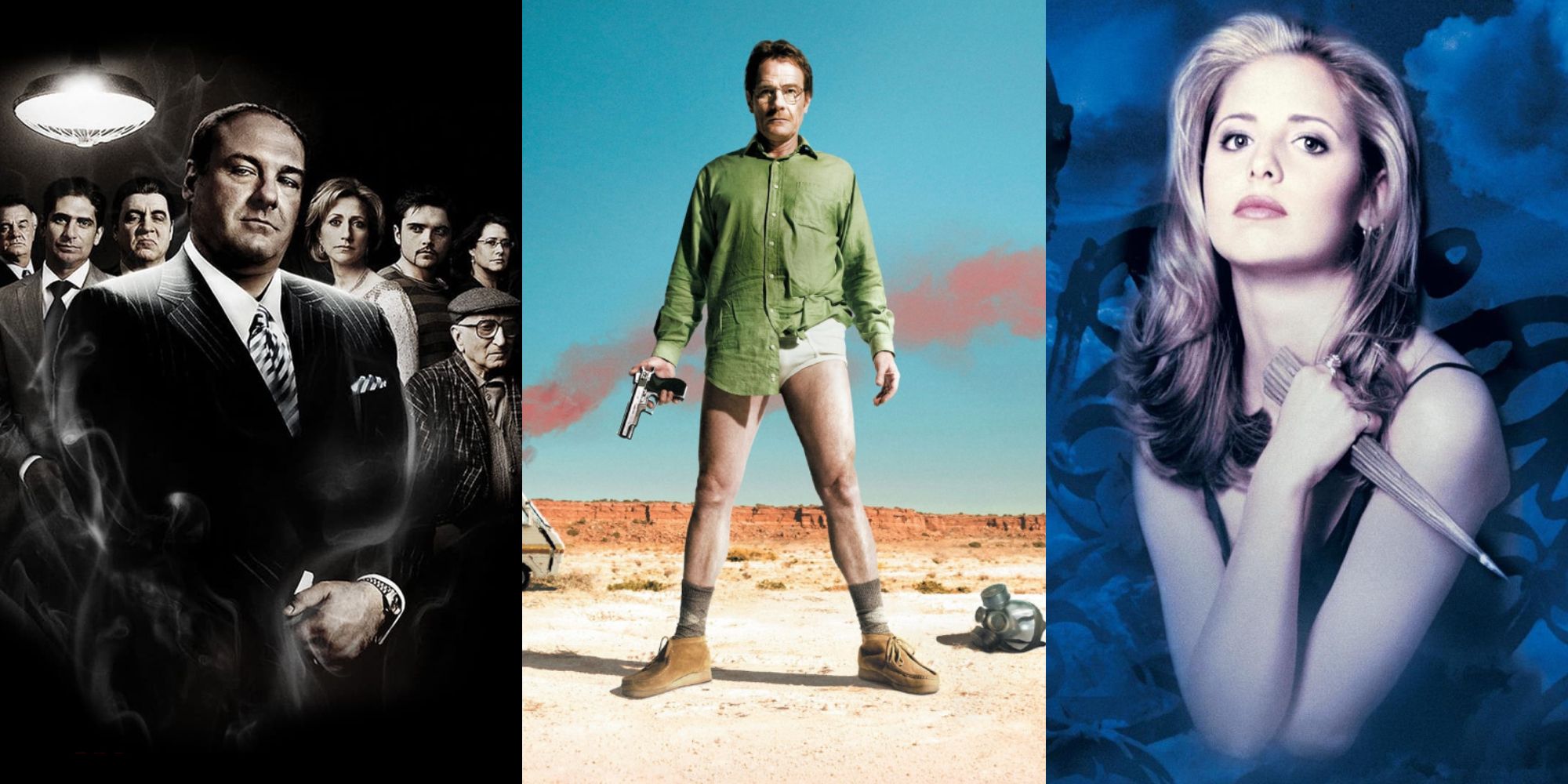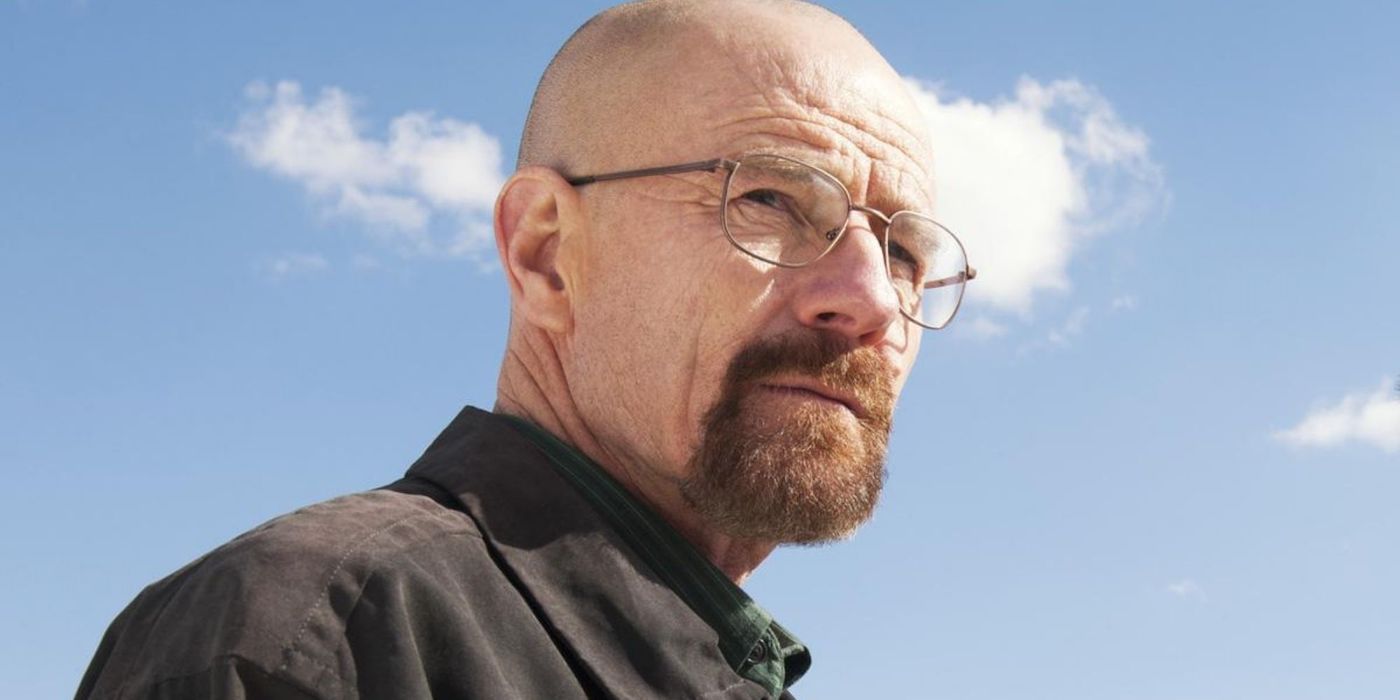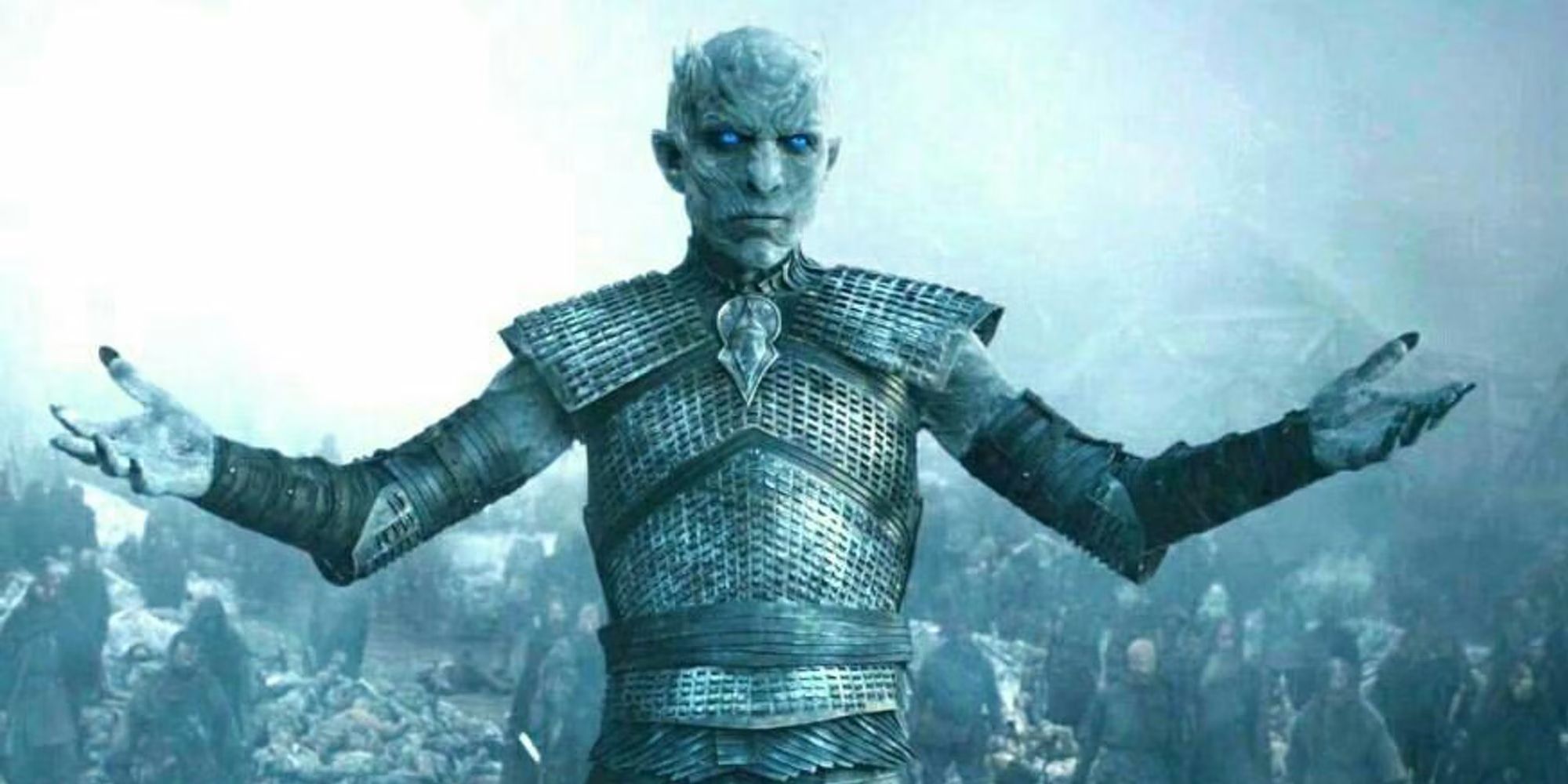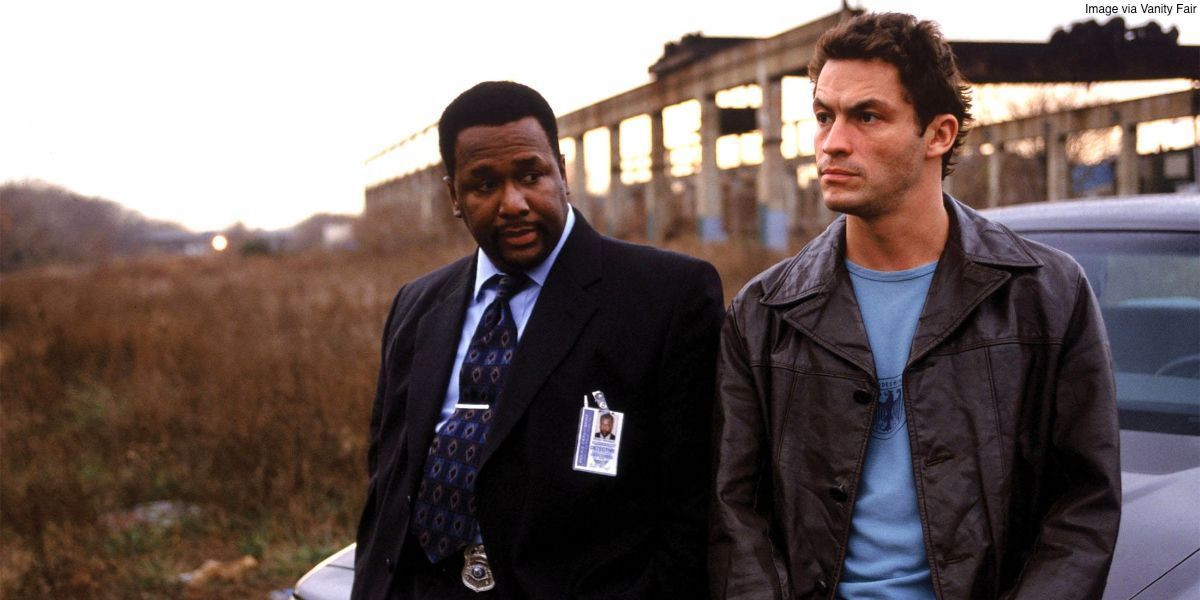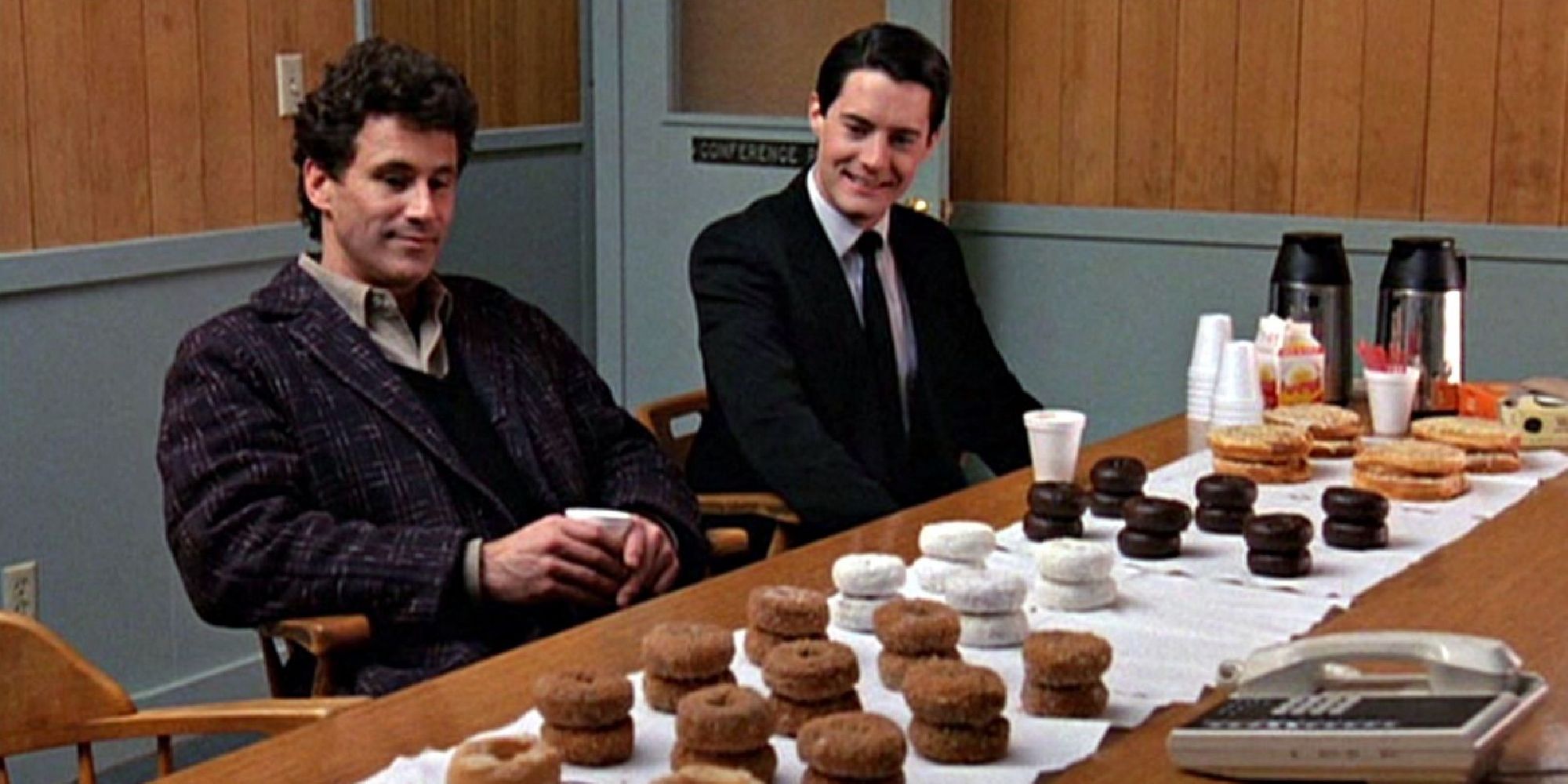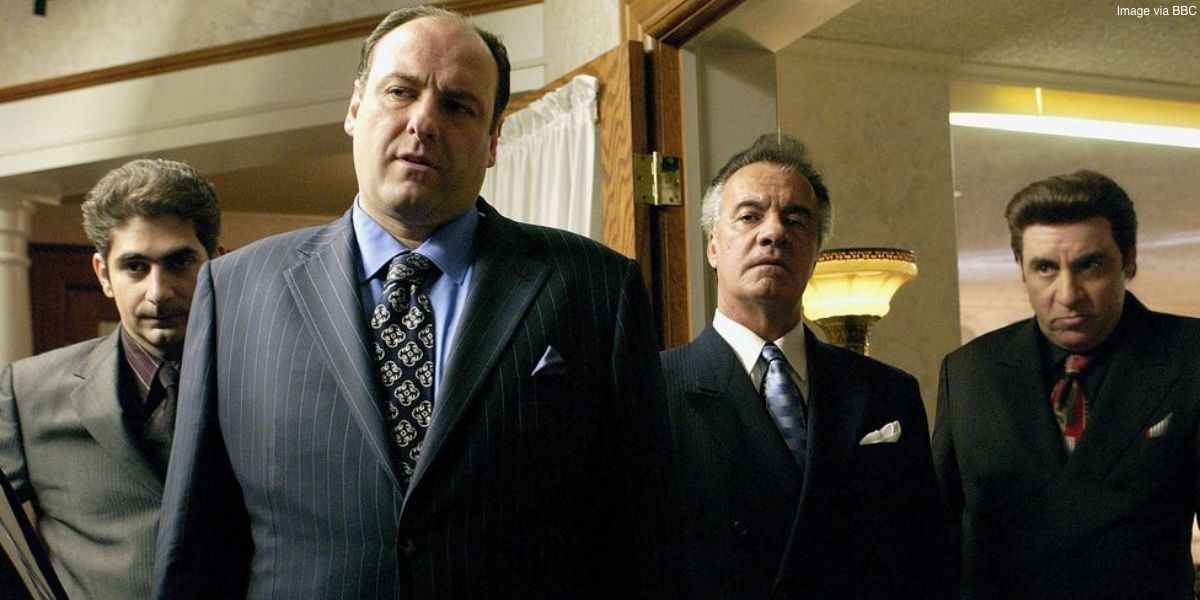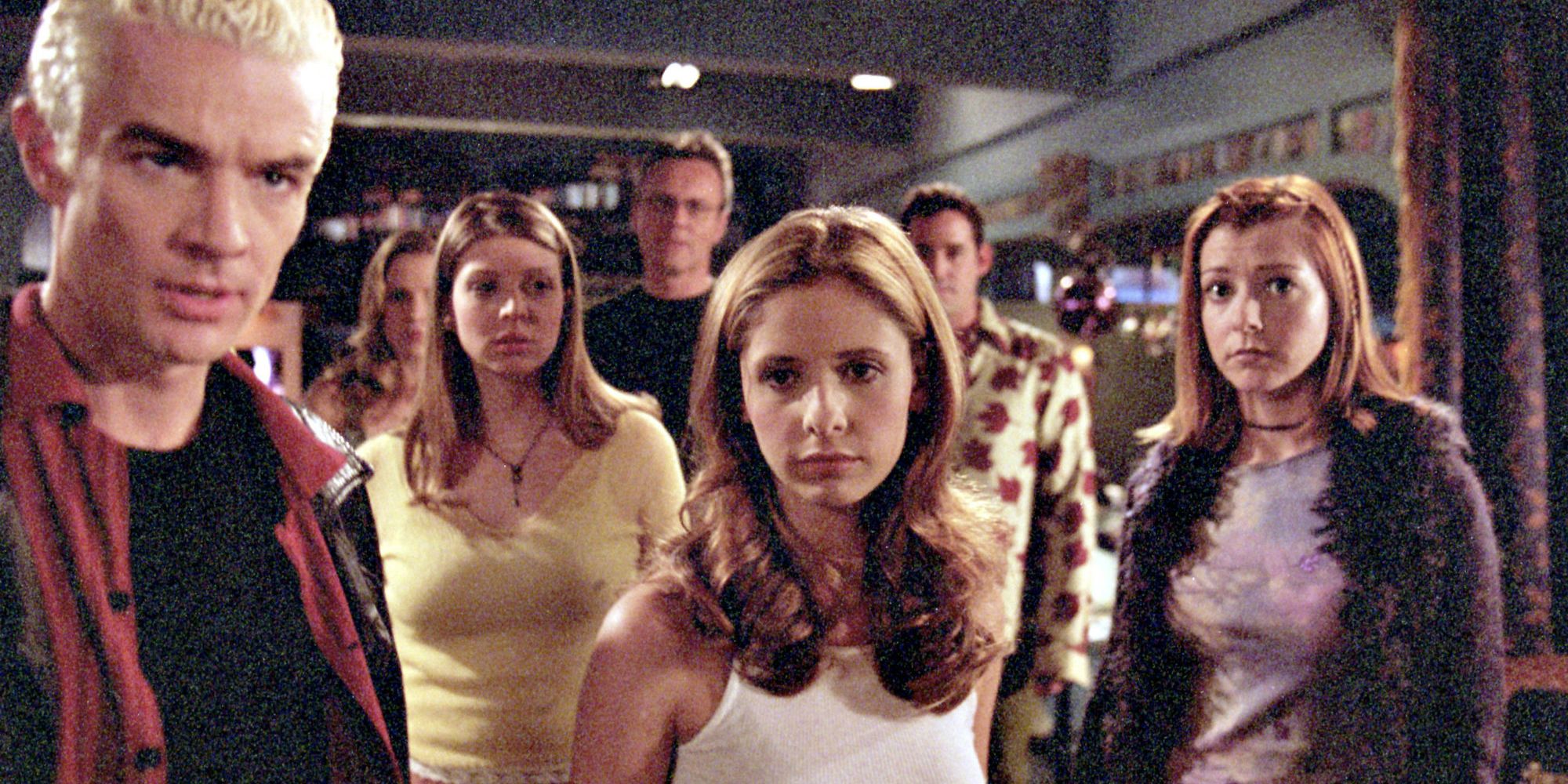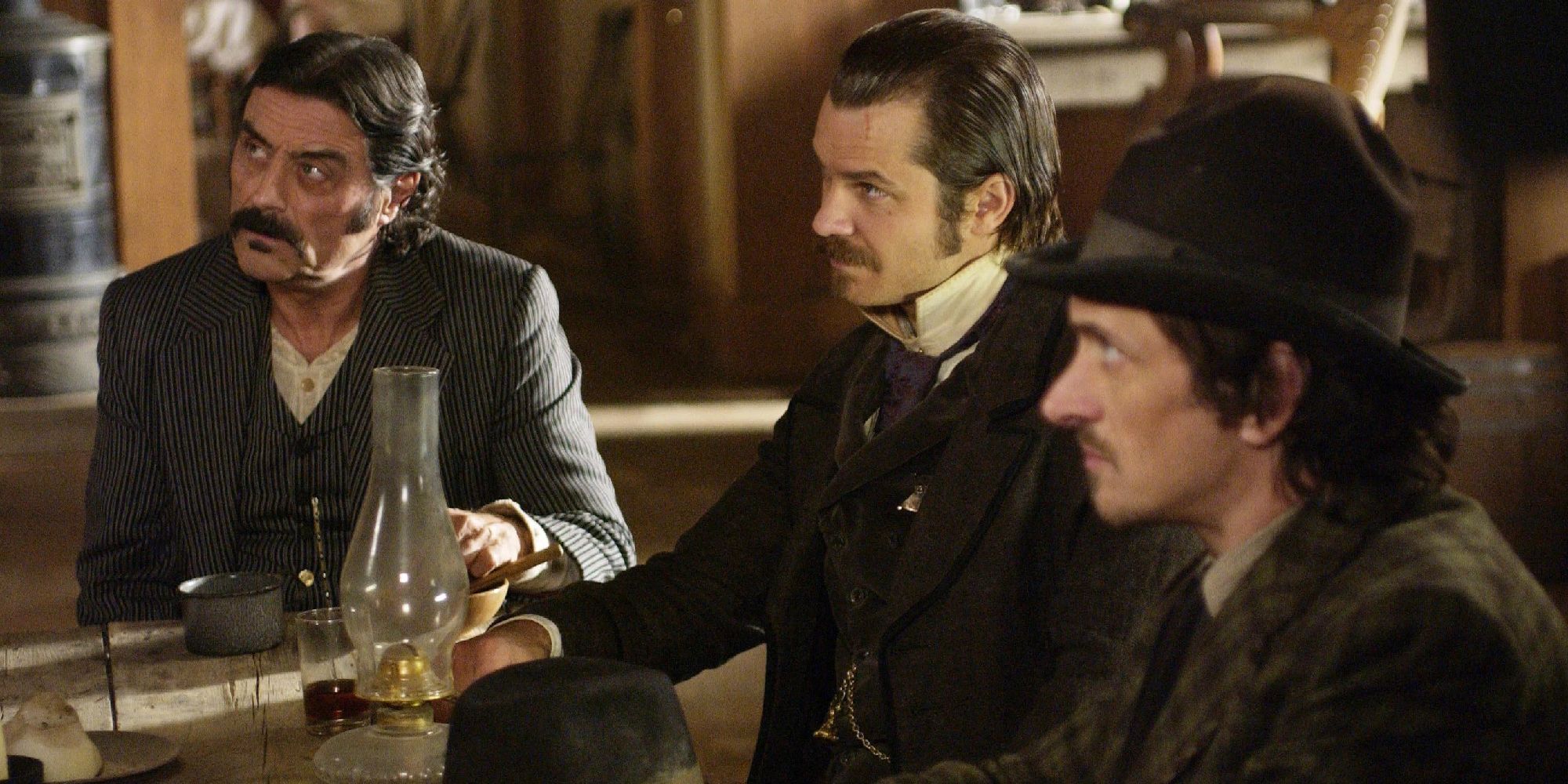Humor can be found anywhere, even during dark times and in dark places. It's a fact of life, and many of the best TV dramas of all time keep this in mind and ensure that things are never 100% serious 100% of the time. Many of the most intense and emotional dramas of all time have their characters maintain a sense of humor - or otherwise give viewers something to laugh at - in between all the tension, sadness, or even misery the shows might otherwise highlight.
The following seven shows are all best defined as TV dramas, but despite that, could often be very funny. That's not to say they're flat-out comedies or could be considered as frequently hilarious as sitcoms. It's more that there are scenes or even episodes contained in each of the following shows that are undeniably hilarious. It can be nice to have some levity, even when the tone is mostly serious; after all, it's a better reflection of life than having characters miserable all the time. It also has the benefit of contrasting against the drama, making serious moments hit even harder.
'Breaking Bad' (2008-2013)
Breaking Bad is an example of a show that had its tone change quite dramatically as it went along. This made perfect sense, given the premise of the show was essentially about showing protagonist Walter White transform from a high school chemistry teacher into a ruthless drug lord, which all kicked off when he decides to start making crystal meth to pay for his cancer treatment.
The first couple of seasons probably had more comedy than the later seasons, as the more evil Walt got, the darker and more serious the show. But it wasn't without its dark comedy, even to the end, largely thanks to a colorful supporting cast, some of whom sometimes served as comic relief. None fit this category better than the quick-witted and sly lawyer, Saul Goodman. His spin-off show even followed a similar trajectory to Breaking Bad, from dark comedy and drama in its early seasons to more shocking moments and tragedy in its later seasons.
'Game of Thrones' (2011-2019)
Putting aside the controversial final season - which the most jaded fans might call laughably bad - Game of Thrones was admittedly a fairly serious show. Westeros was a dark and violent place, and the show never shied away from that fact, with numerous tragic deaths, gruesome violence, and a general sense of despair and cruelty present in many of the show's characters (the ones who were lucky enough not to die, that is).
But humor can be a coping mechanism in dark times, and Game of Thrones shows it. There are characters like Tyrion Lannister, The Hound, and Olenna Tyrell, to name a few, who all have hilarious, witty lines, and often use humor itself as a weapon of sorts. Playing the titular "Game of Thrones" isn't only about how strong or talented a fighter you are, after all...
'The Wire' (2002-2008)
The Wire is one of the most brutally honest and downbeat TV dramas of the last few decades, with an often cynical look at American life in the early 21st century. It focuses on Baltimore but uses the city to explore many flaws present in various institutions and organizations throughout the country, from the police force to the world of politics and public schools.
There are wider societal issues and personal demons that cause turmoil and hardships for The Wire's countless characters, but there are brief moments of levity here and there to keep things from feeling soul-crushing all the time. Sure, it's soul-crushing a good deal of the time (and is probably a better and more memorable show for it). Still, at least there are some darkly comedic moments here and there, McNulty and Bunk's buddy comedy-esque scenes together (especially when the pair get drunk), and memorably funny minor characters like Clay Davis to inject a little humor in among the eye-opening (and cynical) political and social commentary.
'Twin Peaks' (1990-1991)
Twin Peaks opens with a horrific murder that its first season - plus about half of its second season - aims to solve. A teenage girl from a small town lies dead with no clear perpetrator, and the show doesn't shy away from showing the grief experienced by many of the townspeople after the murder. As things go on, the plot gets even darker and more shocking, and the show even begins to implement more horror elements, adding to the surreal and nightmarish mood of the show at its darkest.
But there is another side to Twin Peaks that's similarly absurd and even surreal but on the other side of the spectrum. The town of Twin Peaks may not be huge, but we get to know many people who live there, and not all are directly involved in the show's darker elements. David Lynch has always had a strange sense of humor and can make viewers laugh just as much as he can make them terrified, and Twin Peaks does a great job at demonstrating those two sides of the writer/director.
'The Sopranos' (1999-2007)
The Sopranos' influence can be seen in Breaking Bad in more ways than one, but one of the most notable similarities is how each began as a fairly funny show that got darker and more serious as they went along. The first season of The Sopranos is certainly its most comedic and puts its characters through a little less misery than later scenes (not to mention that it doesn't kill off anyone in the main cast; that begins later).
And it makes sense, seeing as the premise of a mobster going to therapy was explored in the 1999 comedy, Analyze This, coincidentally released the same year as the first season of The Sopranos. Even with a deeper exploration into its lead character's depression, and more frequent visits from the Grim Reaper, The Sopranos never fully abandoned its comedic elements; the always hilarious (though sometimes terrifying) Paulie "Walnuts" Gualtieri was a constant presence in all six seasons, after all.
'Buffy the Vampire Slayer' (1997-2003)
Buffy the Vampire Slayer leans pretty close to comedy for much of its seven-season run, though probably still couldn't be defined as a comedy show. There's plenty of banter and humorous subversions of well-worn tropes, but at the same time, plenty of action, numerous emotionally devastating episodes, and a good deal of horror, too.
It's a truly genre-bending show, and that's one of the reasons it's endured for so long and still feels unique, more than a quarter of a century after it first aired. When it wanted to tear the viewer's heart out it could, and when it wanted to be hilarious, it was just as capable of pulling that off. Few shows have ever managed to juggle contrasting genres and tones as Buffy the Vampire Slayer did.
'Deadwood' (2004-2006)
Deadwood has a strange but undeniable and striking sense of humor. It was primarily concerned with being something of a crime show with a western setting, focusing on the real-world town of Deadwood, with most of its huge cast of characters loosely based on real people from history, all of whom had something to do with Deadwood, South Dakota during the 1870s.
It's one of the most swear-heavy TV shows in history. The show's creative use of profanity often lets it inject surprisingly great humor into the otherwise grim, serious proceedings. Many minor characters serve as good comedic relief, and Ian McShane's iconic, scenery-chewing performance as Al Swearengen swings from menacing and terrifying to hilarious before returning to menacing and terrifying again, often within the space of a single scene.

